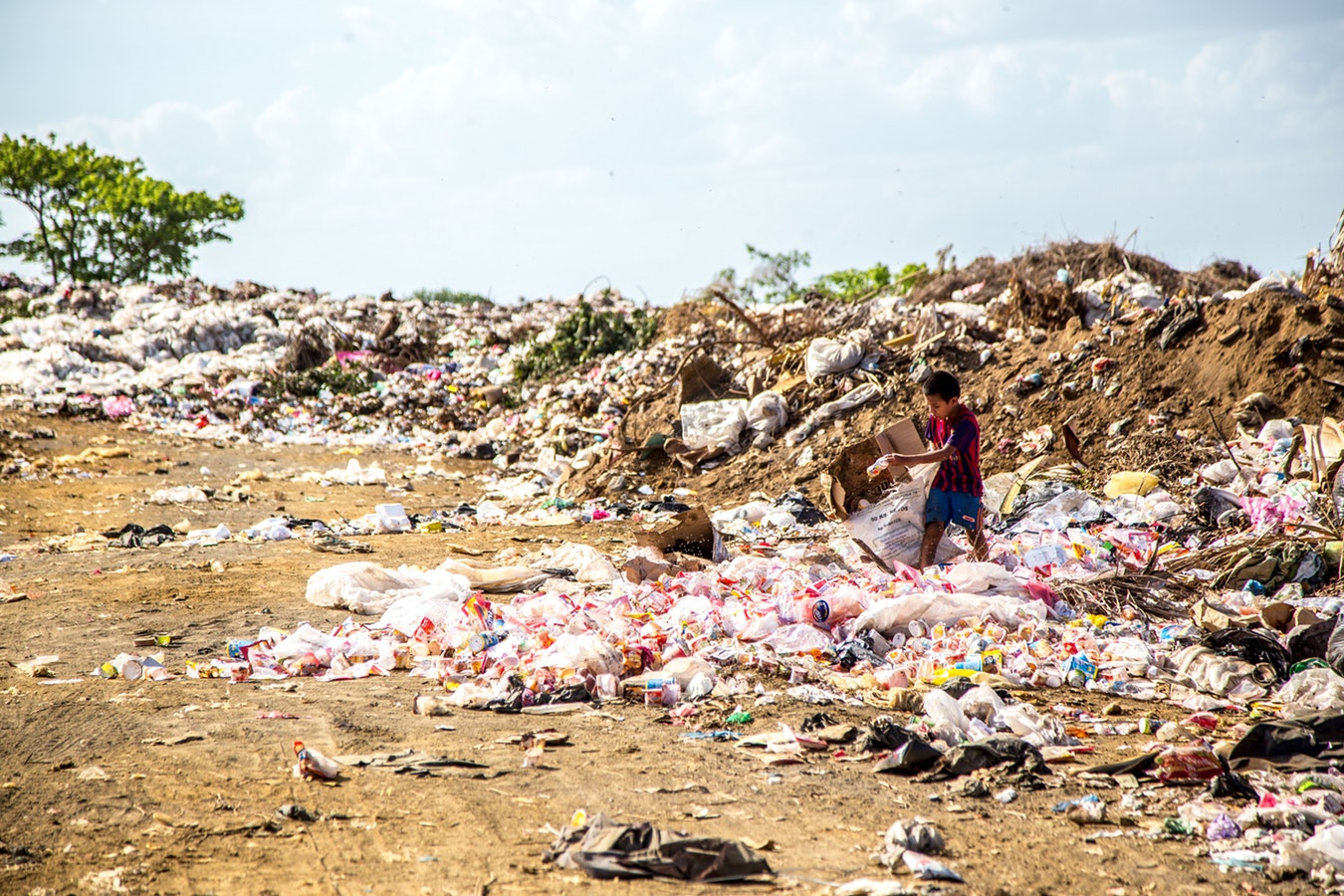There was once a time when recycling was of interest to only the most eco-conscious organisations. But with environmental targets looming – and sustainability pressures being increasingly voiced within the media – a growing number of businesses are sitting up and questioning what more they should be doing with their ‘waste’. In a recent feature for Safety Management magazine, Jonathan Oldfield, managing director of Riverside Waste Machinery, advised how to kick-start a recycling strategy. If you missed the article, you can catch it in full here…
Recycling isn’t a new concept. For decades some people have long prioritised the salvaging of goods and materials so that they can be transformed into something new. The process extends the useful life of products and reduces the population’s reliance on increasingly-depleting raw materials. It is also now taught to children from a young age, with many schools having their own collection schemes in a bid to make recycling fun.
But statistics released earlier this year made for worrying reading, when the BBC News found that the recycling rates of 14 million homes in England have fallen over the last five years. Admittedly, recycling activity is still said to have quadrupled compared with 10 years ago. And, with 10.3 million tonnes recycled – from the 23.6 million tonnes of waste produced in 2016-17 – the UK’s ‘50% recycling target by 2020’ does not seem too far out of reach. Yet progress is extremely slow – and sometimes non-existent – which means that in truth there is a vast amount of work to be done. And quickly.
At the same time, another debate continues away from the subject of household waste, and that is – should businesses be doing more?
David Attenborough’s Blue Planet II series catapulted the world’s plastic problem into the spotlight, and clearly showcased just what impact a throw-away society is having on nature and other resources across the globe. The UK government estimates that there are more than 150m tonnes of plastic in the oceans, and that 100,000 sea mammals and 1 million birds die as a result each year.
The subject even cropped up in the Chancellor Philip Hammond’s inaugural Spring Statement, with UK ministers having now commenced a consultation on single-use plastics. The whole supply chain will be analysed, not just recycling efforts, so that even factors such as product design will be scrutinised in a bid to tackle this widescale issue.
What once only worried the minority now concerns masses, and plastic is almost growing to become a dirty word.
But even if plastic, for example, is salvaged for recycling, what happens to it then? A global market shift means it’s no longer easy to ship mixed plastics to China, as was previously possible. UK waste contractors are therefore starting to say no to the collection of low volumes of plastics – it’s simply not viable to pick up 50kg at a time. They therefore want to see more businesses recycling plastic, and the quality of that material will be monitored – it should be clean and segregated to aid its onward treatment.
So from plastic straws, film and takeout lunch boxes, to other recyclables such as aluminium cans, cardboard and paper ‘waste’, what can businesses do to up their recycling ante?
1. Firstly, the mindset ‘reduce, reuse, recycle’ needs to become engrained in people’s minds. This prioritises what should happen to business waste and in what order. It is better to avoid (reduce) email printing unless absolutely essential for example, unnecessary print outs can be reused as scrap paper, and when the paper is finished with, it should be recycled. Where possible, this philosophy should be applied to all materials handled.
2. These materials should be audited, so it is clear exactly what ‘waste’ the business typically produces.
3. A lifecycle assessment of these ‘wastes’ is then helpful. Problematic areas – incoming raw materials, product design, materials transportation or office activity for example – should be identified so specific actions/improvements can subsequently be devised.
4. Seek the advice of industry experts if needed. For smaller companies, the simple segregation of materials at source may be enough, so it can be collected for efficient recycling. Other firms may warrant specialist recycling equipment such as balers, compactors or shredders to better process the waste and avoid hefty skip charges.
5. It is important to calculate the cost to dispose of the waste. If the business isn’t motivated by the environment, the financial incentive will almost certainly be a driver. It may even be possible to generate a revenue stream from the sale of recyclable materials!
6. Encourage participation. Many employees will be expert recyclers in the home, so their suggestions should be incorporated into the new strategy where relevant. Then, at ‘roll out’ stage, communicate what the workforce should do, how and why it’s important, to achieve ‘buy in’.
7. If recycling is complicated or time-consuming, people won’t participate. So, keep it light-hearted and simple.
8. The new recycling strategy may not be perfect on the first attempt, so it is important to review and revise, in the search for continuous improvement.
9. Every business has a ‘duty of care’ to store and move waste materials compliantly (see gov.co.uk). This duty lasts until a licensed waste company takes the materials away, but it’s the company’s responsibility to prove their certified competence. There are other rules too so it’s important to know what obligations apply – a permit is required for firms producing more than 500kg of hazardous waste per year, materials such as plasterboard must remain separate from the main waste stream, and £2m+ turnover companies handling more than 50 tonnes of packaging waste per annum must register and report to the Environment Agency.
10. Finally, remember confidentiality, especially given GDPR developments. Sensitive paperwork, hard drives, and other private electronic data sources should all be destroyed compliantly to avoid potential hefty fines.
In truth, the benefits of recycling extend far beyond satisfying a firm’s ‘green’ conscience. There is wealth in a lot of waste, providing it is segregated at source and the quality preserved; it evidences the social responsibility of a brand which helps to enhance reputation; and if materials are reused or recycled rather than being left to accumulate as waste, it encourages the maintenance of a clean and safe site. So why aren’t more businesses ‘doing their bit’?






